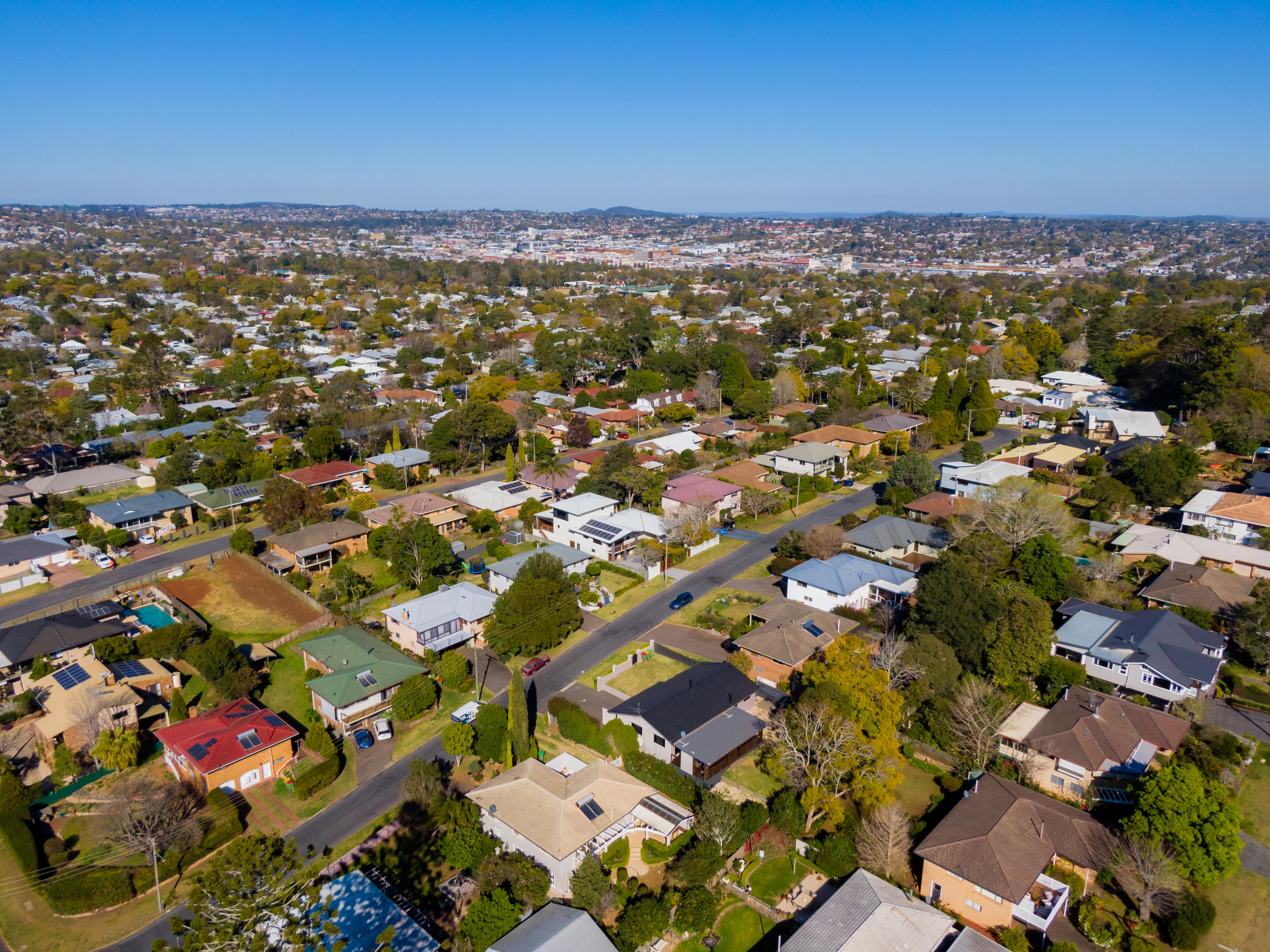Underquoting is now... worse than ever
Regulatory efforts to control underquoting have failed.
Although there are laws prohibiting an agent from overestimating a price to a vendor and underquoting a purchaser, the practice of underquoting is still rife in many areas and getting worse. Some agents have gone from underquoting by
10% to quoting 20% – 25% below what could be considered fair market price.
To counter the practice, agents trying to do the right thing by their clients find themselves in a conversation with their vendor along the lines of although ‘the value of your property is worth $X, we will need to put $Y on the Agency Agreement though.’
The underlying reason for this is that we can advertise in alignment with the other properties that are being underquoted. The purpose of underquoting is to ensure there is enough potential buyers interested in the subject property and create buyer competition at the auction.
Underquoting is illegal under section 72A (1) of the Property and Stock Agents Act 2002. The Agents often bleakly acknowledge as much, “We know. But we have no choice. All the other agents are doing it; therefore, we cannot compete and attract buyers by pricing accurately. If we continue to advertise at a market price, we won’t even get lookers, never mind bidders”.
This is a timely reminder that cheats do prosper, even in a regulated marketplace.
In the current market, if an Agent decides to comply with the rules, they will not be able to effectively represent their client.
Since everyone else is advertising low, you end up doing the same, just to ensure your open house is attended by potential buyers. Ultimately, if one Agent succeeds by lowballing the marketplace, others will follow.
While current laws are perfectly sufficient to protect vendors and purchasers in theory, these laws are only as effective as the policing body. Fair Trading has not yet found a way to effectively police underquoting.
As they struggle to police it, the practice continues unabated. The specificity of Laws doesn’t necessarily change anything! Penalties also do not change anything unless a person has a genuine fear of being caught.
Will the NSW Government follow the Victorian model as a means of addressing this problem?
In Victoria, all agents are required to issue a Statement of Information (SOI) in a prescribed form. In essence, the agent needs to use a Fair-Trading form that requires the agent to identify the properties used in their CMA.
It probably falls short of forcing the agent to show its workings, but is a documentary start to ensure agents prove where they are drawing their data.
It is no coincidence that Victoria has a much higher rate of underquoting penalties than NSW does in 2023.
In the meantime, buyers and sellers operating in the marketplace need to know under-quoting is rife and they should make themselves informed as to fair market price on the property they are transacting on.
By Peter O’Malley, author of Inside Real Estate



